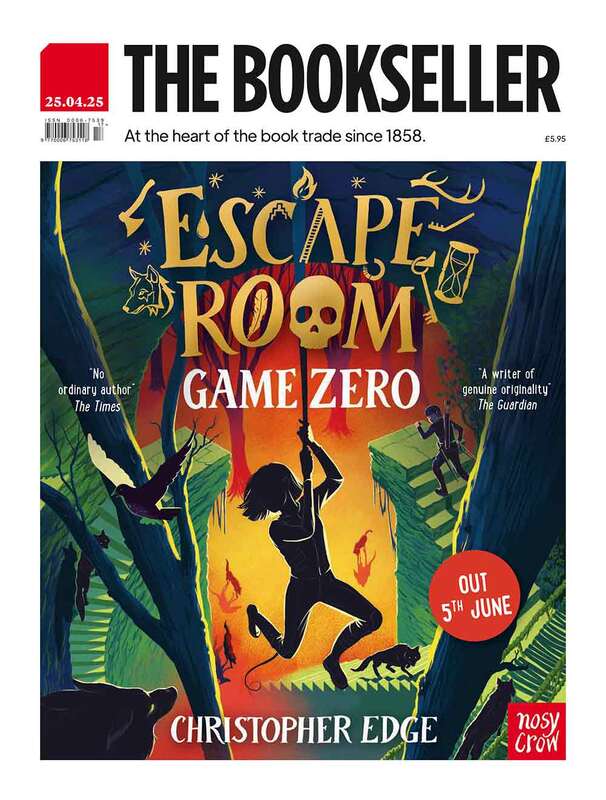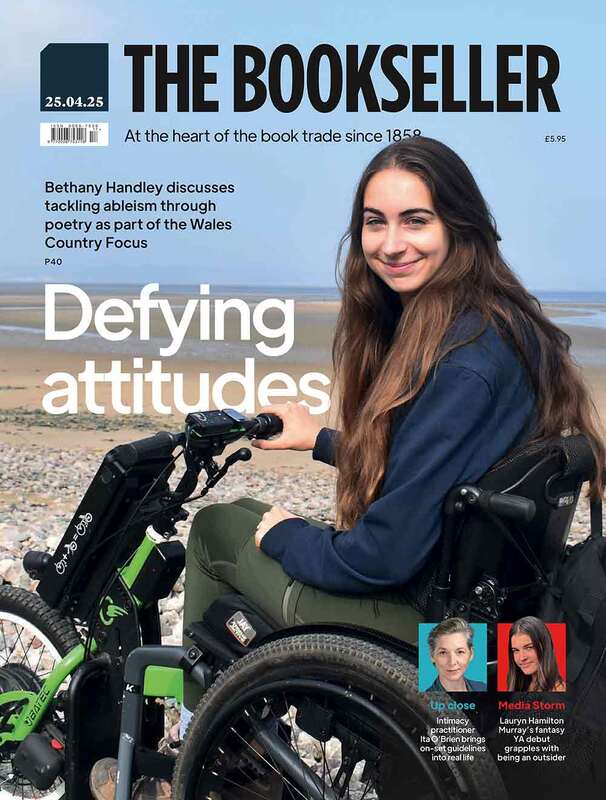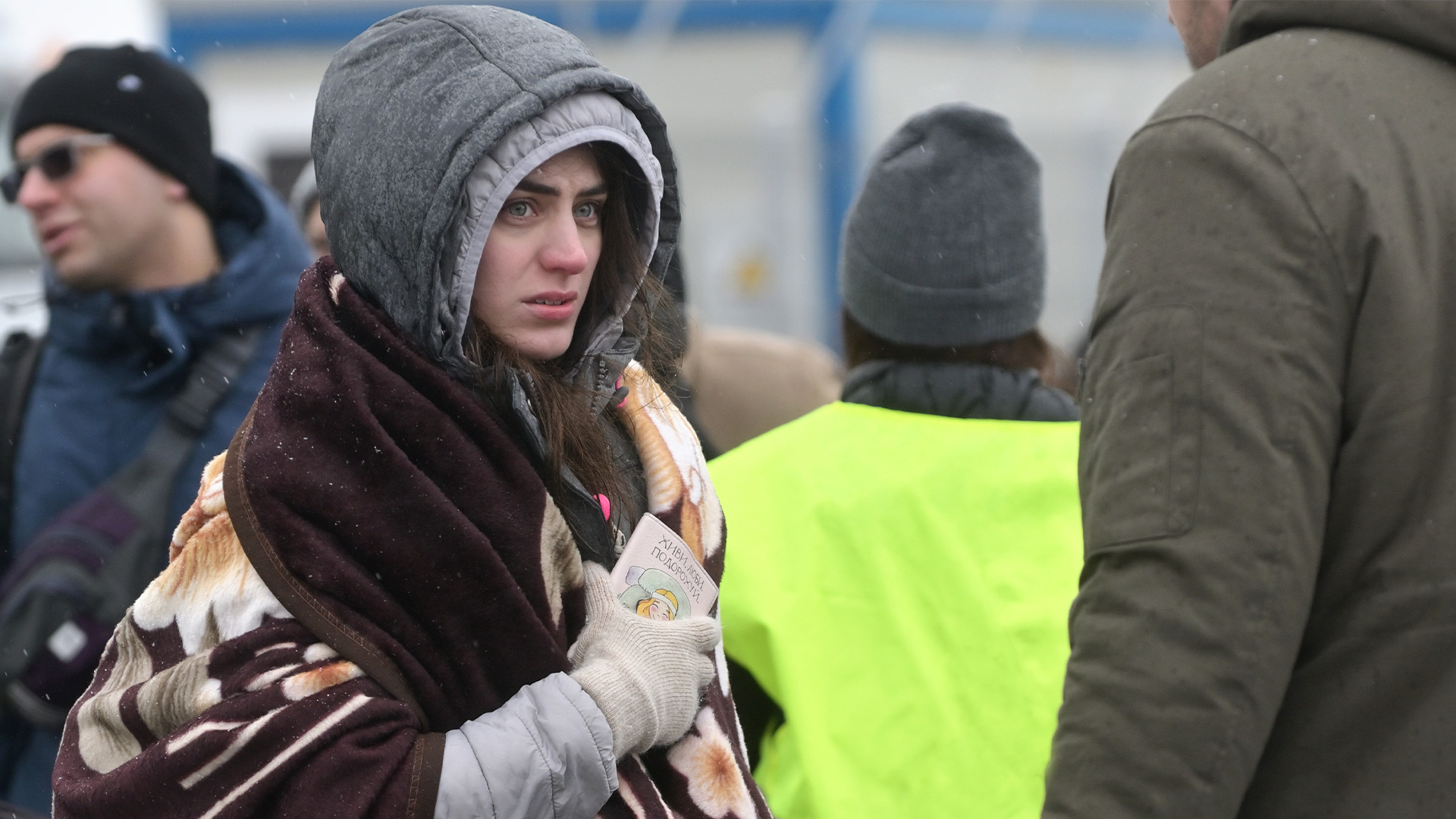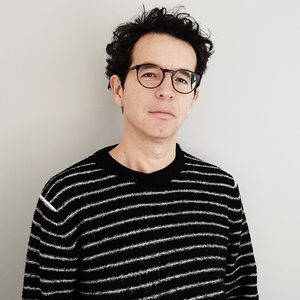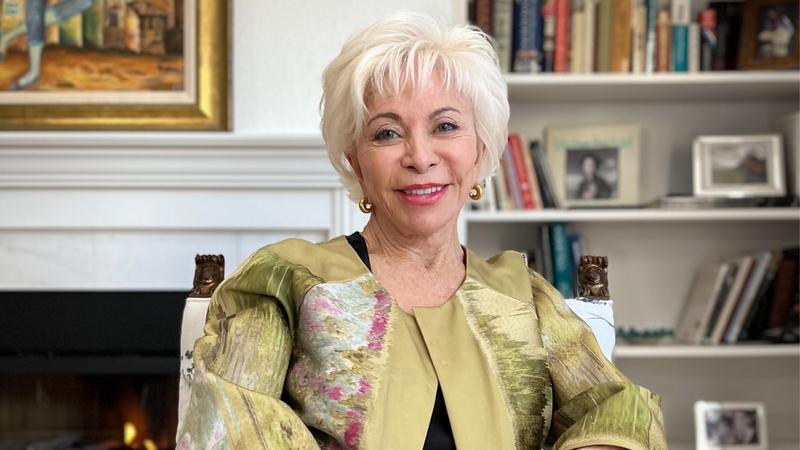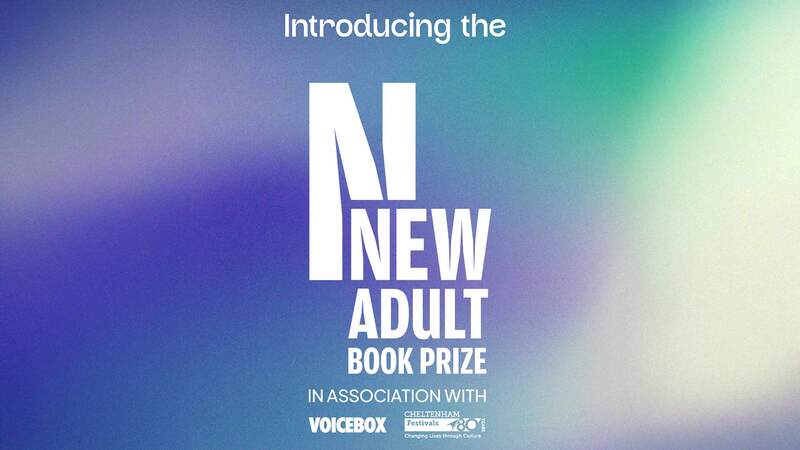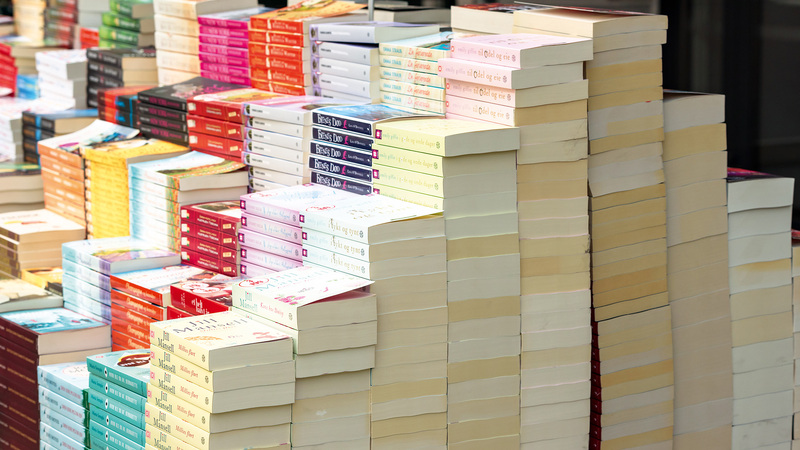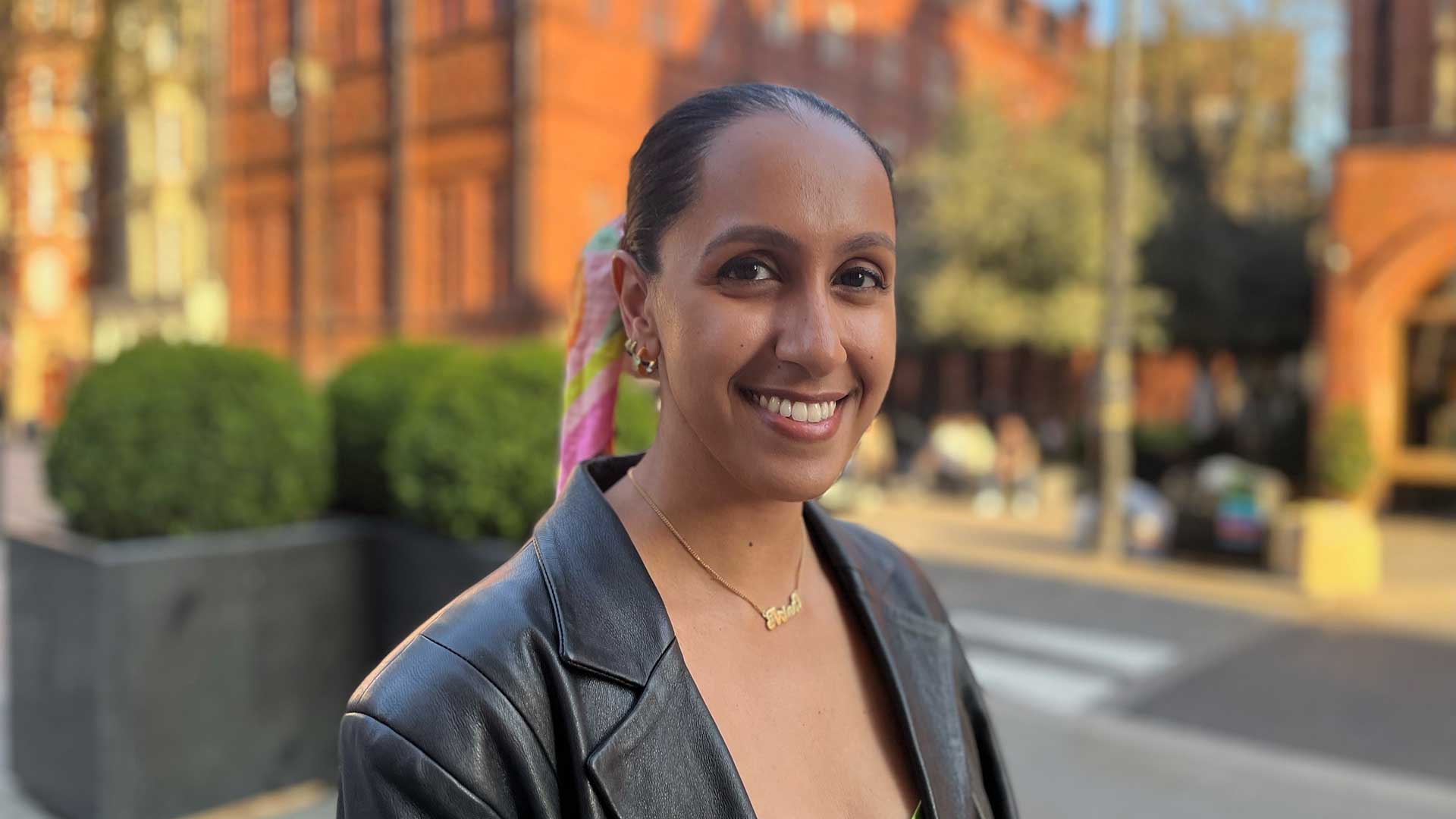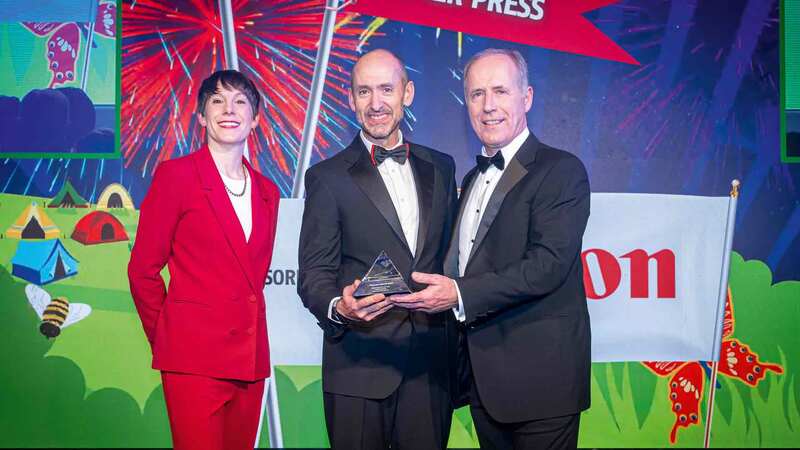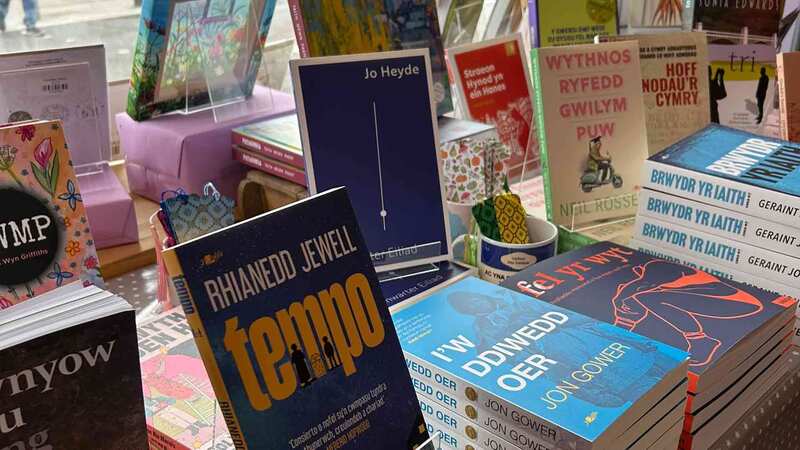You are viewing your 1 free article this month. Login to read more articles.
Humanising refugees through books
It’s never been more important to spread stories about the diversity and complexity of refugees.
Refugees were in the headlines again ahead of Refugee Week (which kicked off this Monday) with the Government’s appalling plan to send people seeking asylum to Rwanda provoking rightful outrage (and a victory – for now).
But it’s a sad fact that even sympathetic media representations of people fleeing war and persecution often unwittingly serve to "other" refugees, distancing us from their experiences, rather than bringing us closer to them. Refugees are portrayed as people without agency, perpetually in need of help, existing in large numbers rather than as individuals. The emphasis on circumstances that are very different from our own means it can be difficult to relate to refugees as fellow human beings.
No single narrative can possibly represent the myriad and diverse lives of the world’s refugees. There is room for this complexity in literature.
Literature is different. As every book lover knows, a good book holds a subtle magic that enables us to internalise the experiences of others, to relate and identify – to get closer. The best books about people on the move put us in their shoes and expand our horizons. They may even take us to a point where we feel we can no longer remain silent when the people with whom we now feel connected are demonised, or turned away.
Literature does this, of course, by presenting refugees as human beings, rather than numbers. Instead of focusing on difference, we connect with characters through our common humanity, and come to understand that any one of us could find ourselves in similarly difficult circumstances – that we, too, could become refugees.
But books also provide space for multiple representations and narratives, space that newspaper columns and news reports do not always allow. As director of Counterpoints Arts, a national charity supporting the arts about migration and displacement – as well as from my own personal experience – I know that no single narrative can possibly represent the myriad and diverse lives of the world’s refugees. There is room for this complexity in literature, where refugee stories might be heart-breaking and traumatic, but can also be transformative, hopeful, funny or surreal.
This week is Refugee Week, a national festival celebrating the contributions of refugees in which we invite audiences to connect with refugee experiences through arts and culture, including by engaging in eight "Simple Acts". One of our most popular Simple Acts is "Read a Book", which is championed by libraries, bookshops and schools up and down the country every year. Booksellers and publishers can take part in a variety of ways, from creating Refugee Week book displays in their windows to sharing reading recommendations on social media. This collective effort of book lovers throughout Refugee Week (and beyond) helps to take refugee voices to new audiences and, ultimately, helps us all connect with the real, messy and hugely diverse range of human experience that lies behind the word "refugee".
Here are five of my favourite books on refugee themes:
Bluebird: A Memoir by Vesna Marić
Vesna Marić left Bosnia as a teenager to settle in the UK, initially in Hull, which she recounts in this honest, funny and sharp memoir. I remember reading it and thinking this was precisely the voice that was missing – the teenage Vesna never plays the role of a victim, she has agency and approaches her first encounters with the UK with humour and curiosity.
Exit West by Mohsin Hamid
This is a beautifully written novel with a fantastical element, as refugees escape through doors that transport them directly to another part of the world. But it is also very much about the experience of a young couple, and what it means for a relationship to be thrown into unexpected circumstances.
Teaching My Mother How to Give Birth by Warsan Shire
The opening of Warsan Shire’s poem "Home", "No one leaves home unless home is the mouth of a shark", has become an anthem for refugee solidarity. Shire is a British poet of Somali heritage, known for her collaboration with Beyoncé, and her uncompromising voice.
The Sea Prayer by Khaled Hosseini
A very short illustrated book that takes the reader, in a beautiful and poetic way, into the world of a father and son taking a treacherous journey across the sea.
Hope Not Fear: Finding My Way from Refugee to Filmmaker to NHS Hospital Cleaner and Activist by Hassan Akkad
Filmmaker, activist and Syrian refugee Hassan Akkad shares his life story which spans, in his words, "the best and worst of humanity". Hassan is an important and generous voice, and an inspiring spokesperson on refugee experiences.

